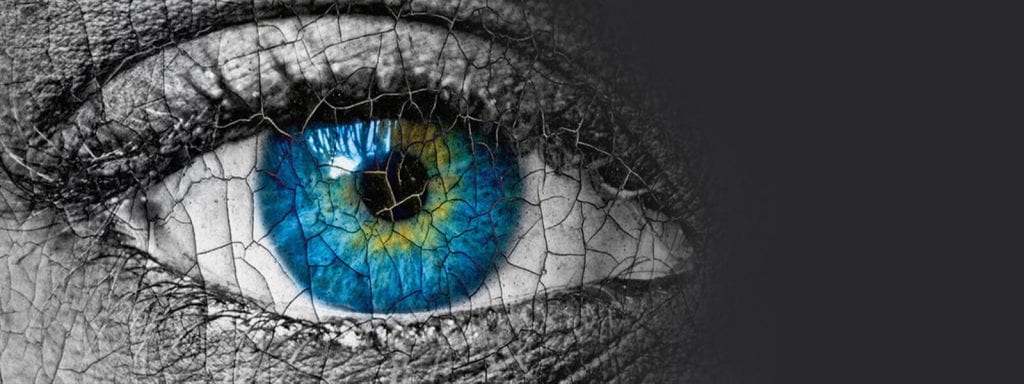Dry Eyes.
Dry eyes is an escalating problem for many people, for lots of reasons. We know our dependency on digital devices and working from home has got to be a factor, and it is. If you look at the stats around the increase in digital device usage, across the full spectrum of age profiles, our device usage has dramatically increased.
There are loads of advantages to our digital age and we are all enjoying our relatively new capabilities. How suited we are as humans to cope with this new lifestyle might take a few more generations. Here and now the effect on our eyes are many from dry eyes, computer vision syndrome (CVS), high visible light (HEV) exposure and the obvious tired eyes we get from excessive use. This type of tiredness differs from the relaxed, depleted tiredness after taking physical exercise, patients describe, a tiredness where we want to close our eyes but it is too early to go to bed..
Our cornea is a highly sensitive tissue with no blood supply. It needs to be kept hydrated to be happy and clear. When the tear film is either missing or breaks down too easily (poor quality) we have the symptoms of dry eyes.
There are lots of treatments and suggestions out there about what to do. And there are many variables why one person suffers more than another, or you yourself are more aware of your dry eyes one day over another. Here are some of the factors that are at play
- lack of hydration
- sleep quality and the duration
- what we eat and how our body breaks it down
- stimulants we ingest, e.g. coffee, alcohol
- certain allergens people are typically allergic to, e.g. lactose, gluten
- lid function and our blink rate
- lid condition, e.g. blepharitis, Demodex
- tear production, too little/too much
- chronic inflammation
- Oil glands in the lids, stodgy, e.g. Meibomian gland dysfunction
- warm working environment
- environmental toxins
- HEV light e.g. blue light
A long list and I am sure you can think of a few more. Mask wearers, due to COVID, are reporting an increase in dry eye symptoms as their warm breath sweeps up and across their eyes, increases the latent heat of evaporation of their tear film.
People vary as well as their routines, behaviours, environment etc. Inherently any of these triggers are often the straw that brakes the camal’s back, as patients would have a poor tear film to start with and external challenges (e.g. excessive computer use) send them over the edge and now they are symptomatic
What we advise patients in order for them to self-manage dry eyes is to put a strategy together and then tweak depending on the results. Doing more of what works and abandon what isn’t. When this regime fails in time due to a new trigger go back to the start and experiment again.
Once you are conscious of your dry eyes, you want an immediate results so select a lubricant eye drop that will give you comfort and a break from the symptoms. Select one of the following as they have a broad spectrum of effectiveness and are preservative free, Thealoz duo, either in the drops or gel format, or HyloForte.
Both have a lot shelf life and are effective immediately
To take control of the situation and to prevent you needing to take eye drops as a replacement to your own tears indefinitely consider a daily routine.
- 1st thing in the morning clean the eyelids with a lid wipe, e.g. Blephaclean wipes
- Instil a lubricant drop as described above, into each eye, and again during the day, usually x 4 times/daily
- If you have time apply a heat pack to the eyes for 10 minutes in the morning, and/or in the evening time also.
- After the heat session gentle massage the lids to extract the natural oils from your lids, you will find this is very relaxing and effective particularly in the evening
- Consider taking a supplement that aids your health overall, but with Omega 3 oil that will improve your tear quality and act as an anti-inflammatory, e.g. Nutrof Total, Omega Eye, Lagad Lacrima
- Clean the lids at the end of your day once again with the lid wipes.
- Before you switch off your bedroom light at night, consider instilling a heavier lubricant drop e.g. ThealozDuo gel, or Hylo Night ointment.
Sounds like there is a lot to do but not really once you get in the habit. We are not in the habit of doing anything with our eyes to help them manage the stresses of the day. Unlike our teeth, which we are trained to clean from a young age.
Happy to help anyone who has a specific dry eye issue, email info@opticalrooms.com and we will get back to you.


